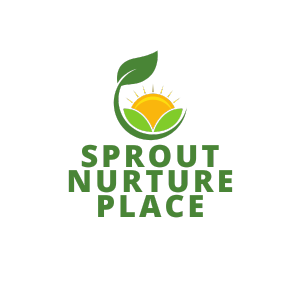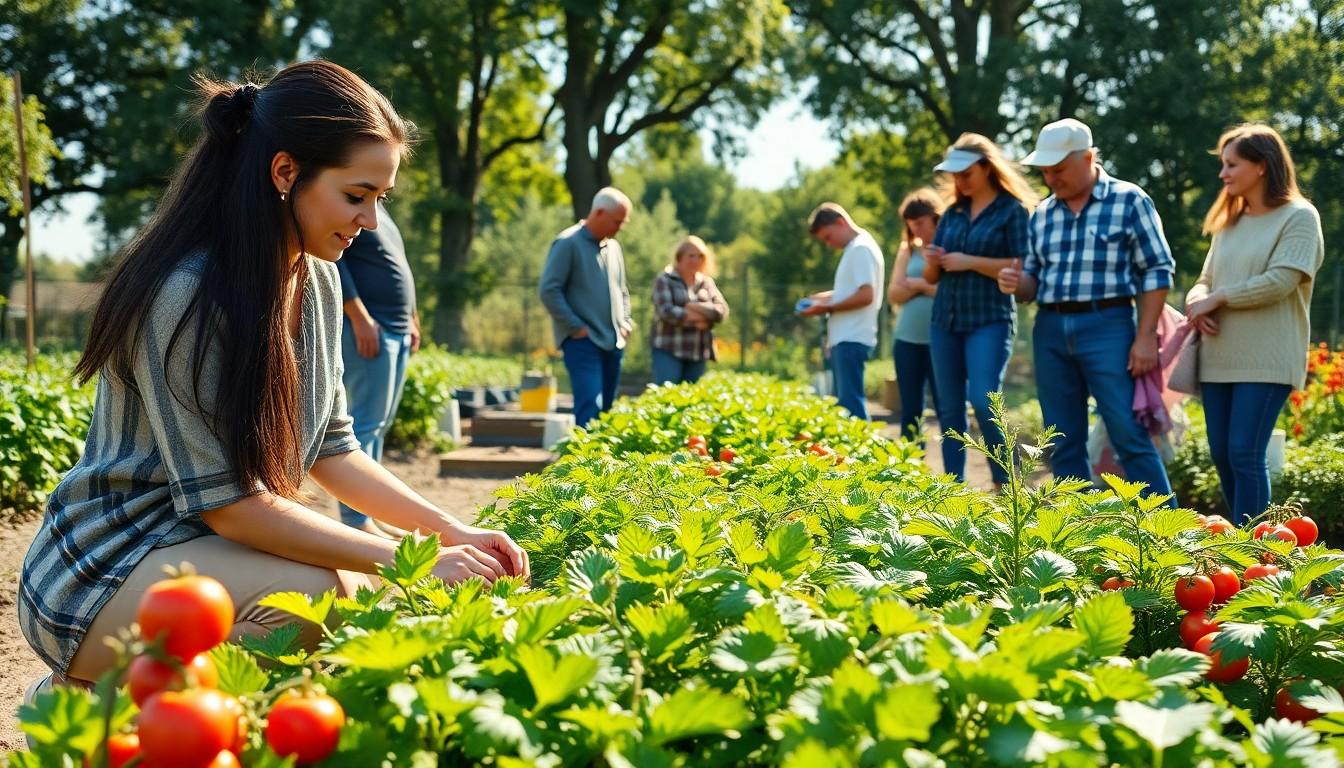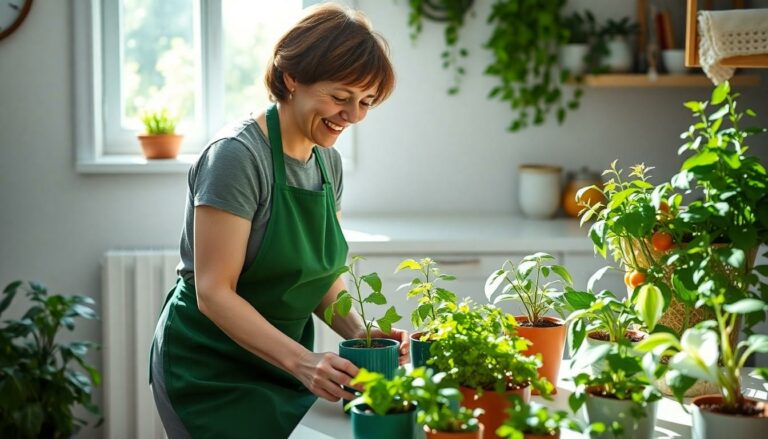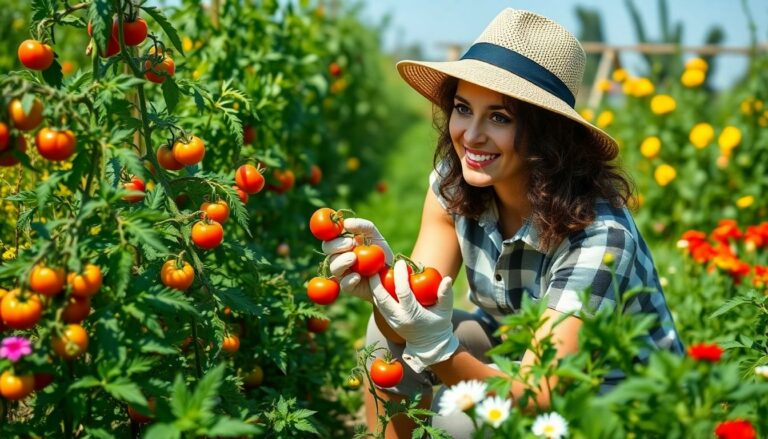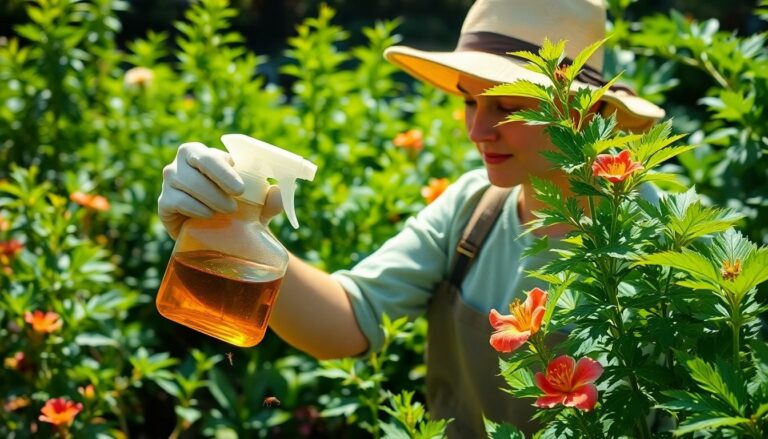Imagine stepping into a world where your vegetables are as fresh as your jokes and your flowers bloom brighter than your neighbor’s envy. Organic gardening classes offer just that—a chance to cultivate not only your garden but also your green thumb, all while having a good laugh.
Organic Gardening Classes
Organic gardening classes offer practical knowledge and skills for individuals interested in sustainable gardening practices. Participants learn techniques to cultivate healthy plants while promoting environmental stewardship.
Benefits of Organic Gardening
Engagement in organic gardening classes provides numerous advantages. Students gain access to fresh, pesticide-free produce, which enhances their overall health. Classes foster a connection with nature, enriching mental well-being. Learning sustainable methods contributes to soil health, biodiversity, and ecosystem balance. Participants often enjoy the camaraderie formed within a community of like-minded gardeners.
Key Topics Covered in Classes
Classes typically cover essential topics in organic gardening. Soil health is emphasized, including composting and nutrient management. Students learn about pest management strategies that utilize natural predators. Course modules frequently address plant selection to optimize yield and resilience. Techniques for crop rotation and companion planting also feature prominently in the curriculum. Additionally, instructors often introduce eco-friendly gardening tools and methods to empower students in their gardening journey.
Types of Organic Gardening Classes
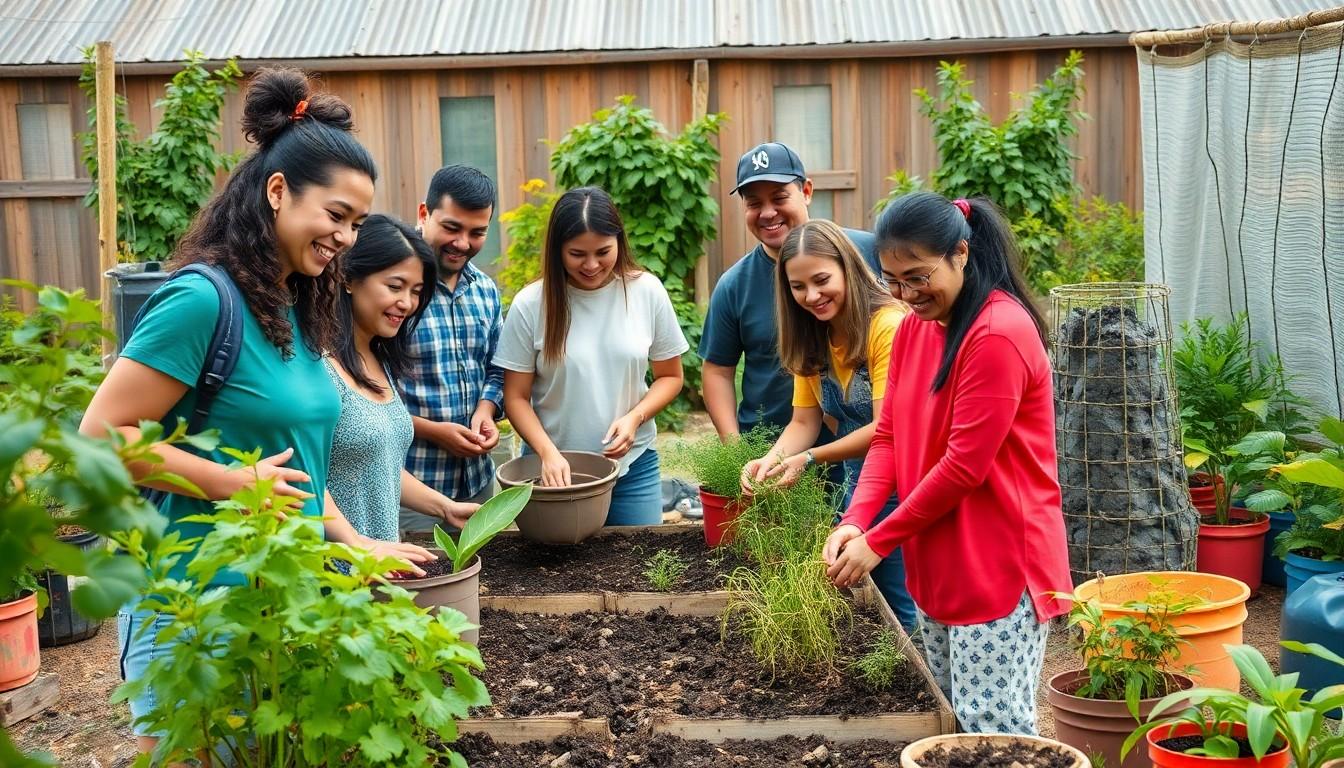
Organic gardening classes come in various formats, catering to diverse learning preferences. Participants can choose from in-person workshops or online courses, making it easier to find a suitable option.
In-Person Workshops
In-person workshops provide hands-on experiences, allowing participants to engage directly with plants and gardening techniques. These classes often take place in community gardens or local parks. Students benefit from real-time feedback from instructors, which enhances their learning process. Group activities, such as planting and composting, foster collaboration among gardeners. Connections formed in these workshops often last beyond the class, establishing friendships and networks within the gardening community.
Online Courses
Online courses offer flexibility, enabling participants to learn at their own pace. Students access video tutorials, interactive quizzes, and community forums related to organic gardening. These courses cover a wide range of topics, from soil health to pest management. Participants can revisit lessons anytime, which reinforces understanding of complex concepts. Many online platforms also feature expert interviews and guest lectures, providing additional insights to enhance the educational experience.
How to Choose the Right Class
Selecting the right organic gardening class involves considering various factors and exploring recommended programs.
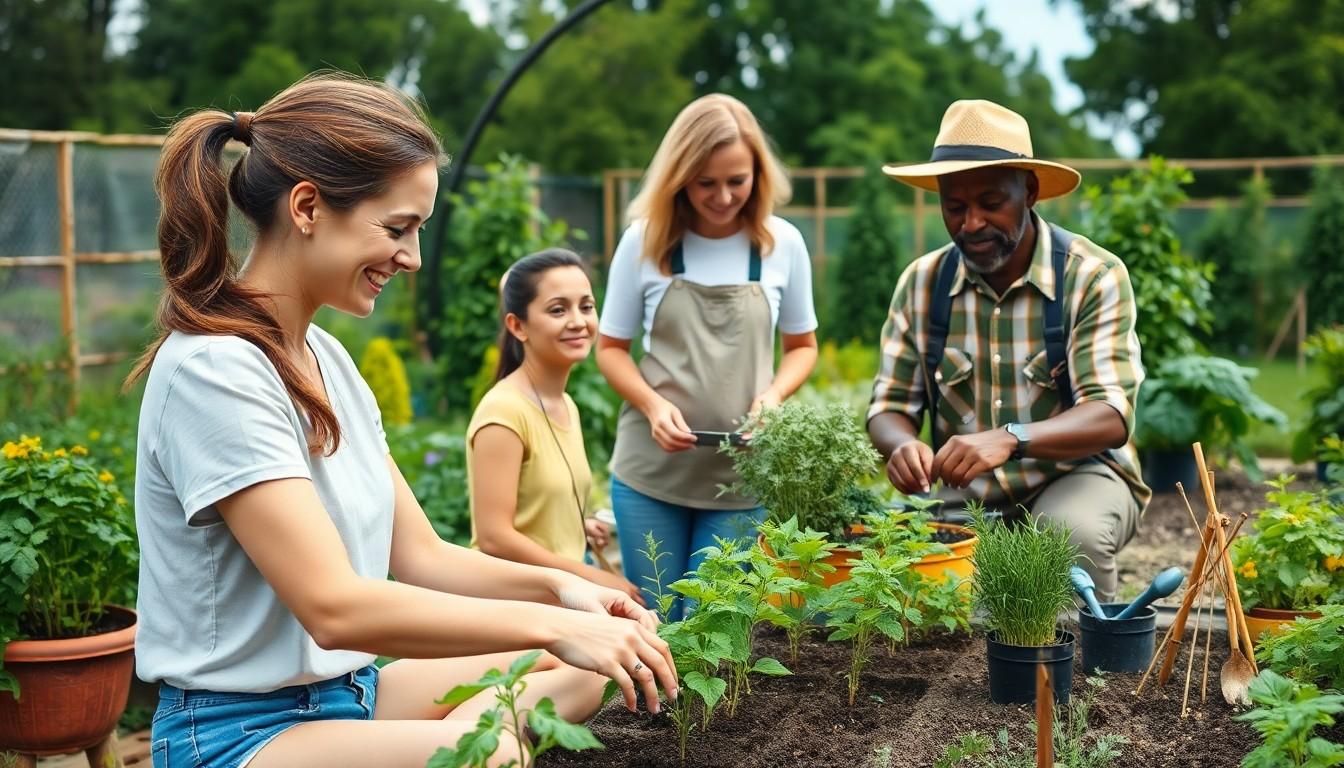
Factors to Consider
Identify personal learning preferences to find the ideal class format. Evaluate the course content, ensuring it covers topics like soil health, composting, and pest management. Look for classes that match skill levels, whether beginner or advanced. Assess local availability of in-person workshops for hands-on experiences or explore online options for flexibility. Verify instructor credentials and experience within the field. Analyze class sizes to determine the level of individualized attention provided. Review participant testimonials to gauge overall satisfaction and learning outcomes.
Recommended Programs
Consider programs offered by local botanical gardens or community colleges. Check reputable organizations like the Organic Gardening Association, which offers various courses tailored to different interests. Investigate online platforms such as Coursera and Udemy for comprehensive courses led by experienced instructors. Review local extension offices that may provide workshops or classes for residents. Explore initiatives like the Rodale Institute, which specializes in organic farming education. Find programs that incorporate practical experiences alongside theoretical learning to enhance skill development.
Cost and Accessibility
Understanding the costs associated with organic gardening classes enhances informed decision-making.
Average Costs
Pricing for organic gardening classes varies widely. Most in-person workshops range from $30 to $150 per session, depending on the duration and complexity of the topics covered. Online courses provide more flexibility, typically costing between $15 and $100. Some universities and colleges offer credit courses for about $300 per credit hour. Community programs may charge lower rates, encouraging participation. A few organizations even provide free classes, ensuring accessibility for everyone, regardless of financial situation.
Finding Scholarships or Financial Aid
Many students explore scholarships for organic gardening education. Local botanical gardens often offer financial aid for specific classes or workshops. Organizations such as the Organic Gardening Association sometimes provide grants or scholarships to aspiring gardeners. Community colleges frequently offer financial assistance programs, making classes more affordable. Inquire about these options early to maximize opportunities. Many online platforms also feature scholarships specific to gardening or sustainability courses. Checking all relevant resources ensures a wider reach in securing funding when pursuing organic gardening education.
Organic gardening classes offer a unique opportunity to connect with nature while learning sustainable practices. Whether through hands-on workshops or flexible online courses, participants gain valuable skills that enhance their gardening journey. The sense of community and shared knowledge fosters lasting relationships among like-minded individuals.
With various formats and accessible options, anyone can find a class that suits their needs. By investing in these educational experiences, individuals not only improve their gardening abilities but also contribute to a healthier environment. Embracing organic gardening is a rewarding path toward personal growth and environmental stewardship.
